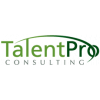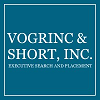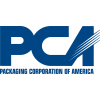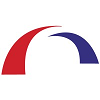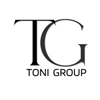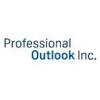This client is looking for a Project Engineer responsible for all engineering and technical disciplines involving projects.
This person will schedule, plan, forecast, resource, and manage all the technical activities to ensure project accuracy
and quality from conception to completion. This position will be expected to make suggestions regarding new equipment, install new equipment, make machine drawings, and be an integral part of the Project Engineering team.
This position will be responsible for helping oversee installations of capital equipment, coordinate timing with stakeholders, and help see the projects remain successful after installation.
Skills needed for this role are as follows... - Knowledge of manufacturing equipment, i.e., gearboxes, belts, chains, pulleys, fans, welding, machining, pneumatics, hydraulics, fabricating, tools, PLCs, ladder diagrams, drives, DC and AC voltage, relays, SCADA systems, networking, three-phase and single-phase power distribution, lighting, power supplies, and controls and shop knowledge- Familiarity with regulations (NFPA, OSHA, EPA), best practices, and performance standards - Cash Flow Analysis
- Equipment rigging and moving
- Equipment layout and design
- Safety associated with drift, mechanical loads, LOTO, steam, pressure, tolerances, electricity, security systems, and atmosphere- Decision-making ability - Knowledge of time studies and KAIZENS
- Ability to work with little to no supervision to ensure success
- Ability to read electrical and mechanical prints
- Ability to work with stakeholders and subject matter experts to get the correct information needed for successful evaluations- Ability to create CAD drawings and utilize CAD for layouts
- Basic skills like email and telephone calls
- Ability to work within a team
- Ability to lead meetings- Ability to use Microsoft office, especially Excel- Ability to work with multiple discipline projects- Ability to successfully utilize LEAN, Six Sigma, and Project Management templates, including workflow diagrams, FMEA, project charters, SWOT analysis, value stream, value-added, fishbone diagrams, lessons learned, stakeholder plans, change requests, and scopes
